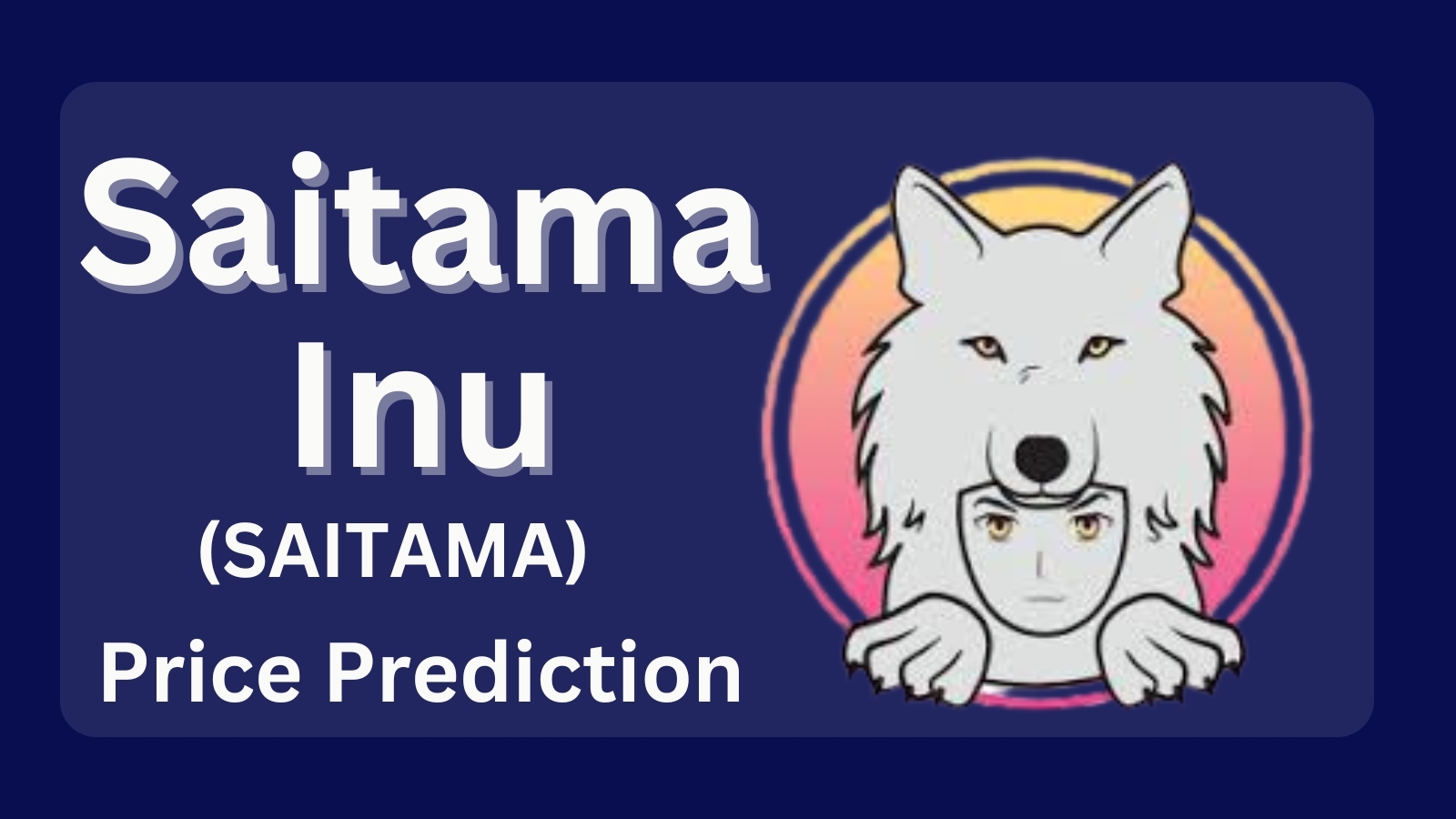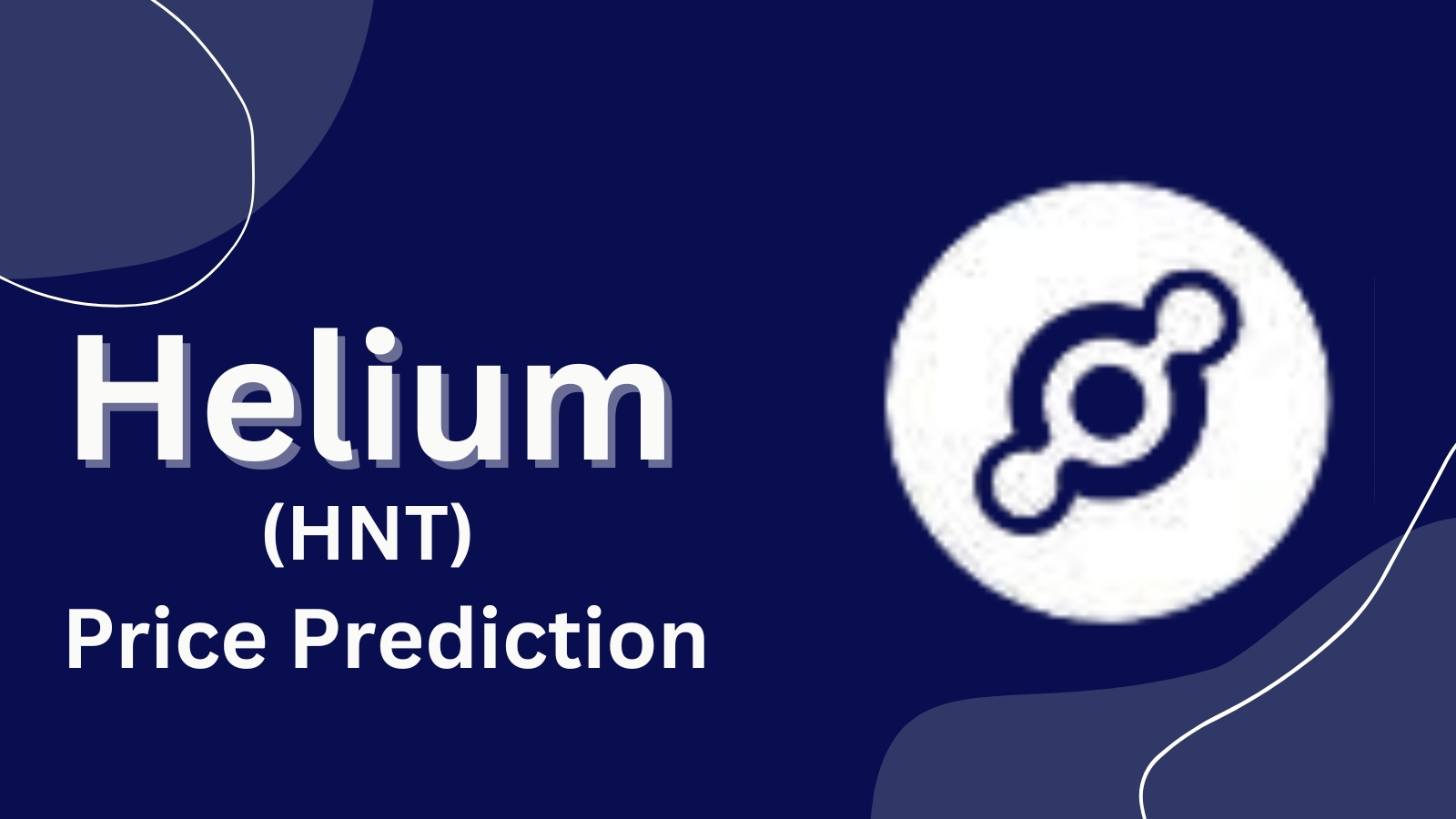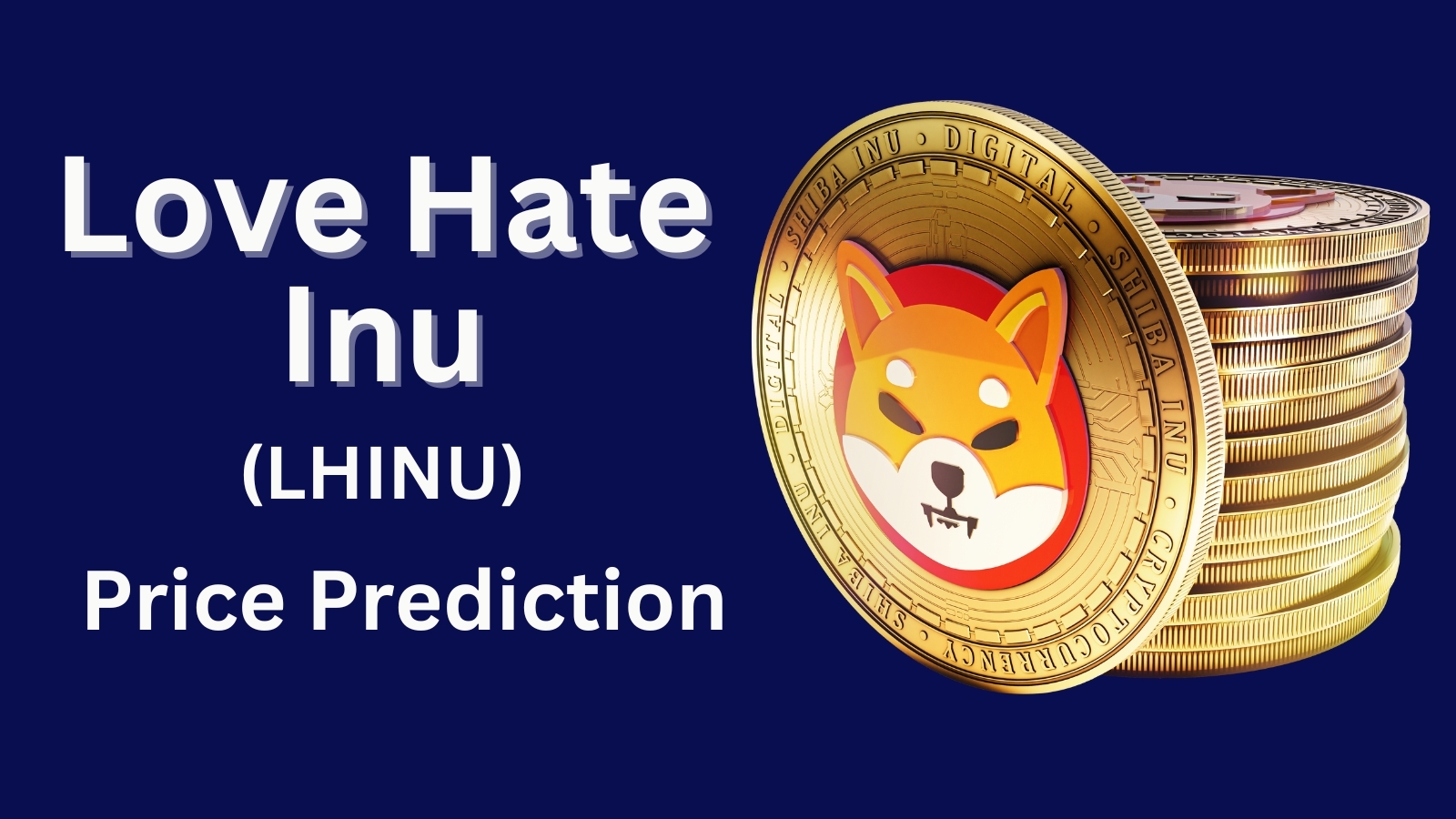In a recent development, Meta, the owner of Facebook and Instagram, have announced major changes in regard to rules around artificially generated and modified content. This statement is made in time when elections of great importance will be held and the functionality of the platform will face an examination as regards the ability to manage false information created by AI technologies.
Monika Bickert, who is the Vice President of Content Policy at Meta, announces that “Made with AI” labels will be added to posts in May starting from Facebook and Instagram. These tags will be attached to the AI technology-generated content such as videos, images, and audio. The adoption of this step manifests an augmentation of their former policy, which only affected the set of the altered videos.
🚨AI news alert🚨
— Phantom Core AI Solutions (@PhantomCoreAI) February 7, 2024
Never thought Meta would be this authentic (They still aren't)😂
Meta is advancing transparency on its platforms by labeling AI-generated images on Facebook, Instagram, and Threads.
They aim to educate users on AI-created content with labels and are… pic.twitter.com/GzFWJbuEmC
The strategy is a turning point in Meta’s policy, which is characterized by the removal of the least possible manipulated contents instead of the overall supply. Meta previously proposed a plan to detect images generated from third-party generative AI tools by putting a signature in the file, but the date of its implementation was not revealed then.
Meta has actualized that it is editing its policy to reflect the feedback obtained from its Oversight Board, which has been interfacing with over 120 stakeholders from 34 countries to come up with the updated rules and regulations.
Additionally, Meta took a public opinion survey containing more than 23,000 participants from 13 countries. It is interesting that 82 percent of the people who took part in the research were in support of the idea of the inclusion of warning labels for AI-generated content. After the announcement, Meta’s shares experienced a surge, with trading up by 3.27% to $527.61 at 8:4:00 PM on Friday, UAE time.
To date this year, the stock has gained about 14%, with the company having a market capitalization of $1.01trillion when the market closed on Thursday.
In accordance with a statement of Goldman Sachs Economic Research in August, the world will have put the investment in AI to $200 billion by 2025 and it is potentially going to have a quite significant contribution to gross domestic product.
A representative of the company claimed that this labelling technique will be applied everywhere where their content will be shared both on Facebook, Instagram, and Threads. On the hand, their other platforms like WhatsApp and Quest virtual-reality headsets are not governed by identical regulations.
In fact, the Meta’s oversight board already criticized its current rule of manipulated media last February as “incoherent.” This criticism came from the board’s review of a video on Facebook last year that fabricated real footage in order to wrongly accuse US president Joe Biden of inappropriate behaviour.
Despite the video being deceptive, it was remained staying on the platform. They did so because the policy Meta’s current policy about “manipulated media” states that videos that are modified to mislead but were made by artificial intelligence or if they show people saying words they never said can’t be removed.
The Board added that the policy cover AI and non-AI content alike, highlighting that both types of content can be as deceitful as the AI-generated ones. They also proposed to expand the policy so that it covers audio-only content as well as videos displaying people doing or saying things they never actually conducted or said.



